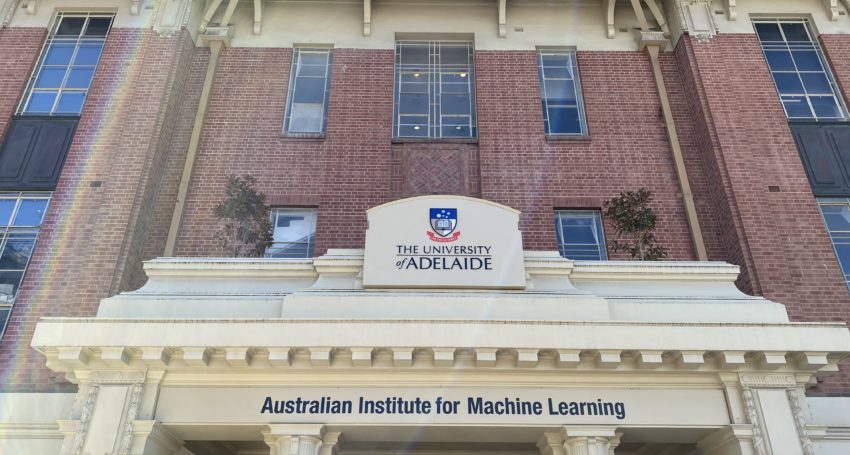Using artificial intelligence to beat cancer
Health & Medical
Researchers proving how machine learning can help detect dangerous polyps.

Sign up to receive notifications about new stories in this category.
Thank you for subscribing to story notifications.

The South Australian researchers are finding new ways to better pinpoint suspicious polyps using artificial intelligence in the fight against deadly bowel cancer.
Dr Gabriel Maicas is part of the Australian Institute for Machine Learning team in Adelaide, South Australia that first pulled together more than 1000 images of polyps gathered from patient data at the state’s Lyell McEwin Hospital.
Eighty per cent of the images were used to teach an artificial intelligence program to identify different polyps viewed in a colonoscopy to screen patients for colon and rectal cancer.
“We used the other 20 per cent to see how well the program can identify the data,” Dr Maicas said.
The proof of concept work, which started in 2017 in collaboration with the University of Adelaide health and medical school, has shown positive results that the program is able to use the computer aided diagnostic system to accurately predict the histology of polyps.
“What we have tried to do is to design a system that can help doctors diagnose polyps during the colonoscopy,” said Dr Maicas, who was one of three people from the institute involved.
“This is the first study in Australia that has shown that our system can perform similarly to experts.”
The Computer Aided Diagnosis using Artificial Intelligence in Colorectal Polyps project is led by Leonardo Zorron and Rajvinder Singh from the University of Adelaide and Lyell McEwin hospital.
Colon polyps are commonly found during colonoscopies and those polyps are generally biopsied or removed for histopathological interpretation.
Dr Maicas said using artificial intelligence to accurately predict histology of polyps during a colonscopy could not only potentially reduce cost but also complications associated with polypectomy, or removal of a polyp.
Polyps are abnormal growths that look like a small bump in the colon of patients; some are benign and of no concern but others may grow into cancer and need to be removed.
“Some are advanced and in that case will need surgery, chemotherapy or radiotherapy,” Dr Maicas said.
“During the colonoscopy doctors ideally are able to distinguish which polyps they are looking at, that’s very difficult and only a few experts are able to do that.
“Our goal is to develop a way to help doctors diagnose in relation to the polyps.”
Dr Maicas said the plan is to collect more data to further test the system which would hopefully move the project into clinical trials and finally into actual health practice.
He said translating findings into use by medical experts was the main hurdle for the surge in research into using machine learning in health.
Jump to next article



